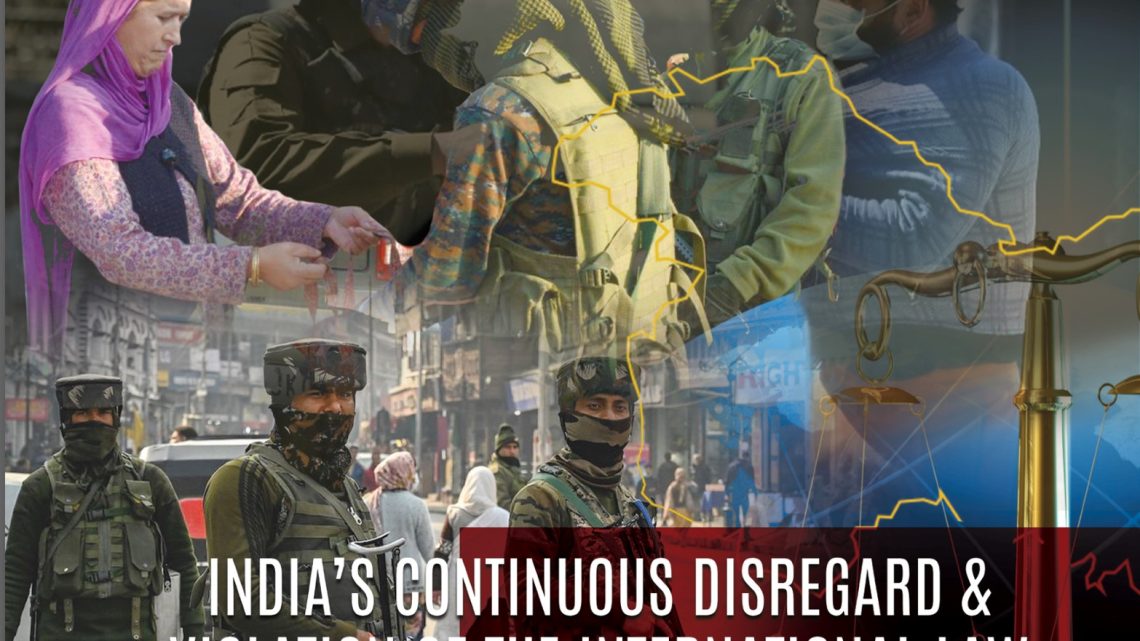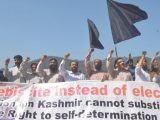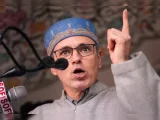
Guided Diplomats: Coerced Surveillance and Military Presence in IIOJK
September 25, 2024As foreign diplomats are guided to tour Indian illegally occupied Jammu and Kashmir (IIOJK), the region is heavily militarized, with thousands of Indian forces deployed in Srinagar, Ganderbal, and Budgam districts.
This military buildup coincides with the second phase of the contentious assembly elections, which many view as a mere façade. Despite the electoral process, the authorities have intensified restrictions across the territory.
Advanced surveillance measures are in place, with drones monitoring many areas and CCTV cameras watching the locations. Vehicle checkpoints further scrutinize movement, creating an atmosphere of pervasive control.
Identity checks are conducted randomly, while mobile services and internet connectivity are closely monitored to track dissent. Locals describe the atmosphere as “suffocating,” feeling imprisoned in their own homeland.
These restrictions have severely impacted daily life. Access to essential services, including healthcare and education, has been hampered. Businesses are struggling, with many shops shuttered due to the overwhelming military presence.
Such measures are not unprecedented. Kashmir has a long history of restrictions that suppress dissent and erode fundamental rights. Previous incidents have raised alarm over human rights abuses, including extrajudicial killings and enforced disappearances.
The current situation paints a poor picture of life in IIOJK. Many residents feel that the military presence is aimed at quelling any potential opposition to Indian governance. The heavy-handed approach not only restricts freedom but also instills fear among the population.
The guided tours for diplomats occur under this shadow of military control, raising questions about the authenticity of the electoral process. Observers are left to wonder whether the situation reflects reality or is merely a staged event to project normalcy.
Moreover, the combination of military oversight and political maneuvering undermines the legitimacy of any electoral outcome. The imposition of restrictions only deepens local resentment and highlights the disconnect between the government and the people of IIOJK.
Kashmiris are caught in a cycle of repression that hinders their aspirations for autonomy and self-determination. As the international community looks on, the plight of the local population remains largely unaddressed.
To summarize, the ongoing military presence during diplomatic tours underscores the complexities of the situation in Kashmir. Genuine engagement with the local population is essential for understanding the region’s challenges. The need for international attention and advocacy for human rights remains critical. The voices of Kashmiris must not be silenced in the name of political expediency.

